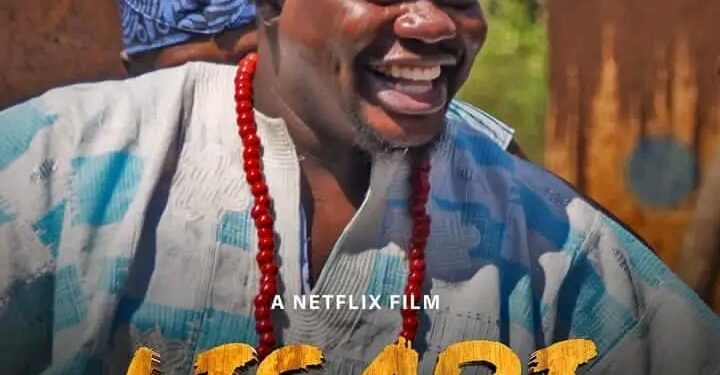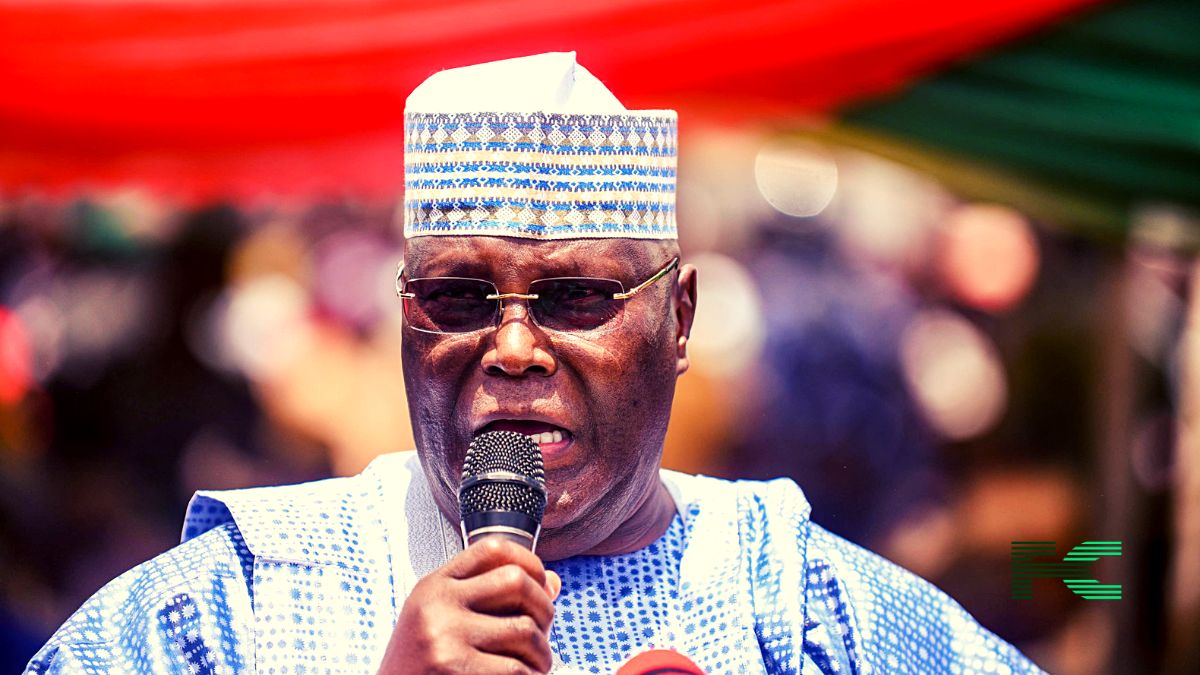This past weekend marked a significant moment for Nollywood as three major films—Lisabi, Queen Lateefah, and Farmer’s Bride—were released on September 27th. While Lisabi, directed by Niyi Akinmolayan of Anthill Studios, made its debut on Netflix, the other two films hit cinemas nationwide. With an impressive cast featuring Lateef Adedimeji, Adebimpe Oyebade, Odunlade Adekola, Ibrahim Chatta, and many more, Lisabi is shaping up to be a powerful addition to the growing catalog of Yoruba epics.
Nollywood has seen a surge in historical Yoruba tales, from Ageshinkole and Jagun Jagun to House of Gáa. Now, Lisabi follows in their footsteps, further establishing the dominance of Yoruba stories in Nollywood. This film is a win for the Yoruba people, showcasing their rich history while other ethnic groups seem to lag behind in telling their own stories on major platforms like Netflix and in cinemas.
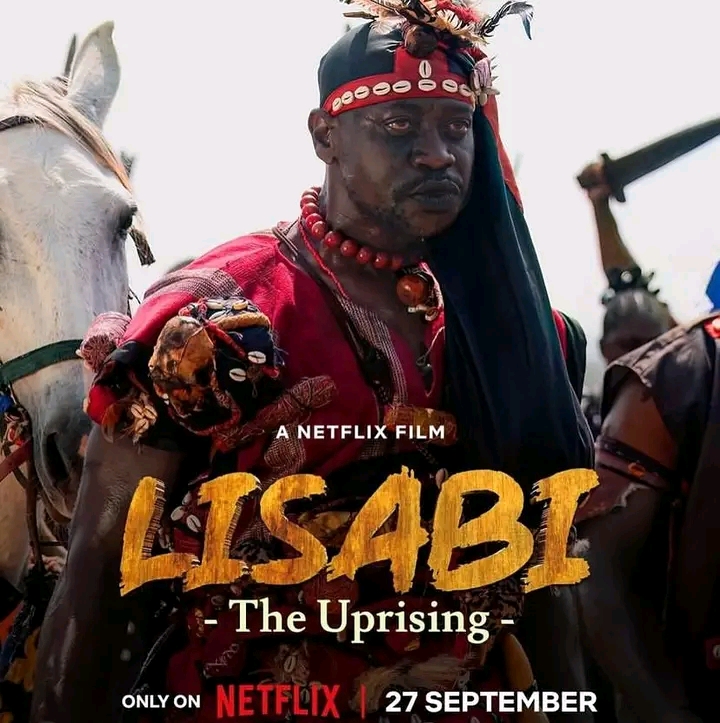
The Story of Lisabi Agbongbo-Akala
The tale of Lisabi is rooted in history, recounting the story of Lisabi Agbongbo-Akala, a legendary military strategist and farmer from Egba land who spearheaded a rebellion against the mighty Oyo Empire in the 18th century. This pivotal figure united several Yoruba groups, including Ijaiye, Gbagura, and Igbeyin, to free them from the control of the Oyo Empire, which had dominated these regions for years.
Lisabi: The Uprising depicts this story of bravery and unity. Set in the Oyo Empire, the film opens with the arrest of King Olodan, who is beaten and dragged to the Alaafin’s palace for refusing to pay tributes. These tributes, collected from the people’s hard-earned businesses, consist of money and farm produce. Enraged by King Olodan’s defiance, the Alaafin orders his execution, setting the tone for the brutal reign of terror led by Songodeyi, the head of the tribute collectors, and his subordinates.
These collectors not only rob the people of their livelihoods but also unleash violence and cruelty upon the community. Women are raped, and anyone who dares to resist is killed, leaving the people of Egba land in constant fear and oppression.
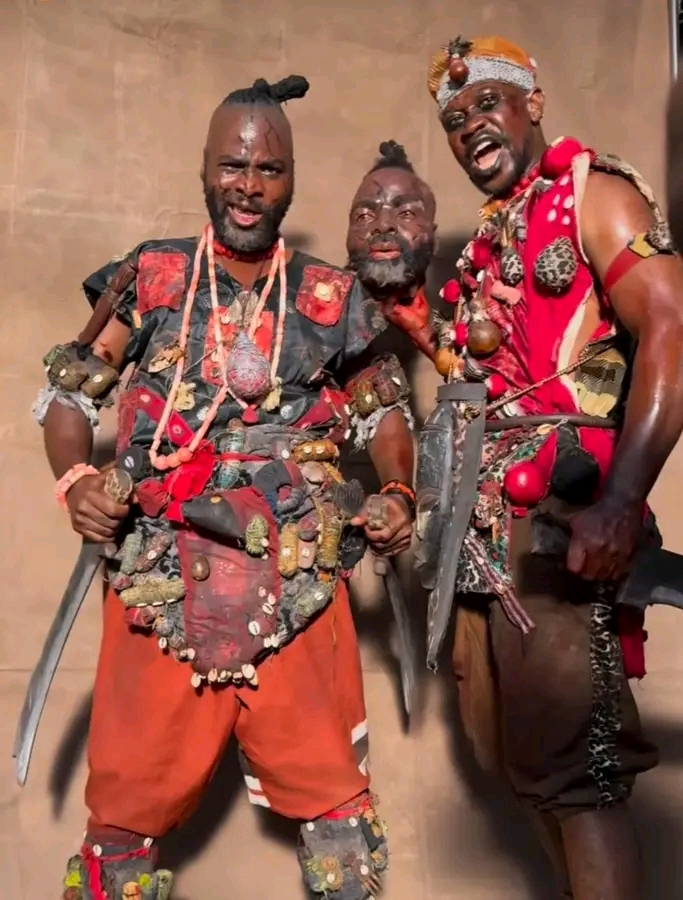
Oshokenu’s Tragic Story
Oshokenu, a close friend of Lisabi and a lazy farmer, witnesses the horror firsthand when tribute collectors take away a businesswoman’s daughter, even after seizing all her money. Outraged, Oshokenu questions their actions and is brutally marked for his defiance.
Despite his flaws, Oshokenu soon finds love in Abebi, a beautiful woman from Egba, with the help of Lisabi. However, the collectors, determined to destroy his happiness, attack and rape Abebi on her way to her husband’s house. Traumatized by the assault, Abebi tragically takes her own life.
Furious and heartbroken, Oshokenu sets out on a vengeful mission, managing to kill ten of the tribute collectors before being fatally shot. With his dying breath, he begs Lisabi to ensure his death is not in vain. This becomes the turning point for Lisabi, who unites the farmers not just for survival but for an uprising against their oppressors.
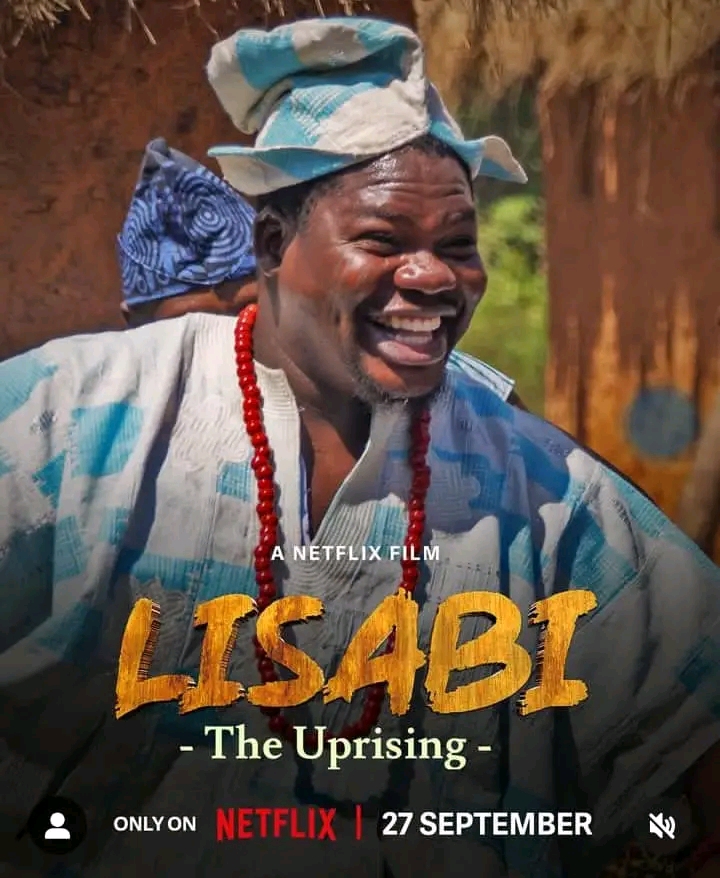
Character Performances: Ibrahim Chatta Steals the Show
When it comes to performances, Ibrahim Chatta stands out, delivering a masterclass in acting as Songodeyi, the ruthless head of the tribute collectors. His portrayal of a villain so vile makes it impossible not to hate his character. If his name doesn’t appear in next year’s AMVCA nominations, it would be a grave injustice.
Odunlade Adekola, as expected, shines as the Alaafin of Oyo, commanding the screen with his presence. His first appearance sets the stage for what would be an enthralling tale of power and rebellion. As always, his performance is bold and engaging, and he leaves a lasting impression.
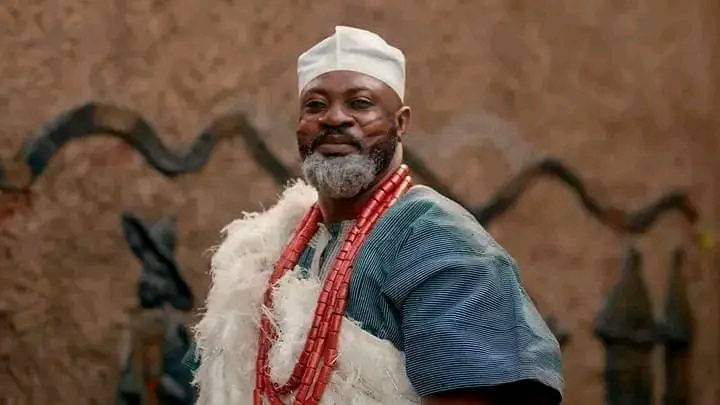
However, not every actor delivers at the same level. Roseline Afije, also known as Liquorose, fell short of expectations in her portrayal of Abebi, particularly during the pivotal scene where her character is raped. The depth of grief and emotional torment that the audience craved was not fully realized in her performance. While she made an effort, it didn’t resonate as deeply as it could have.
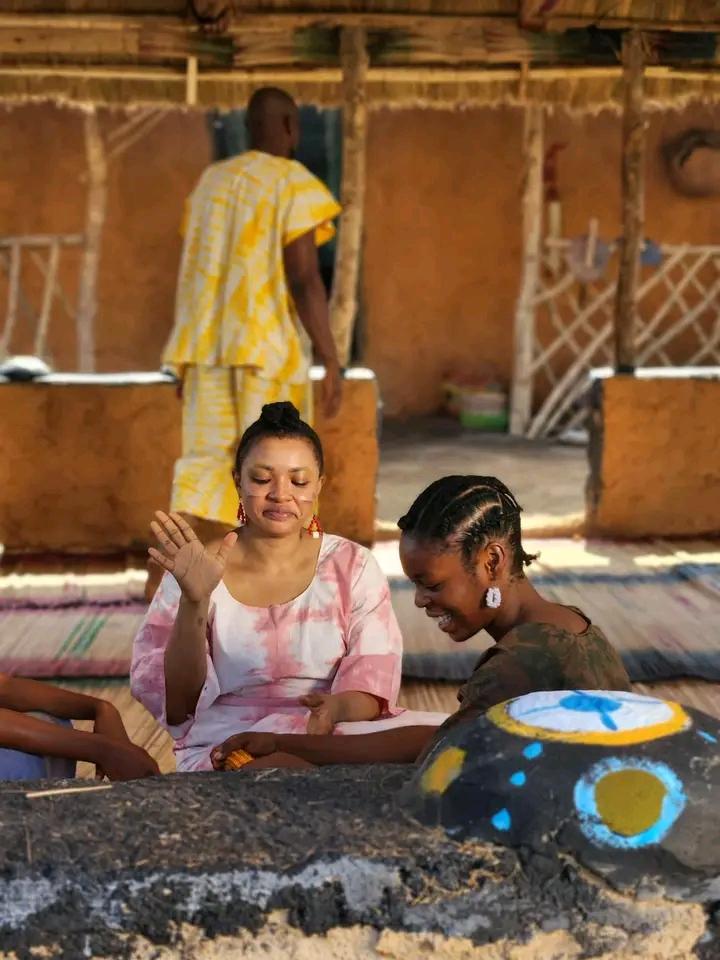
The Yoruba Dominance in Nollywood Storytelling
Lisabi is another feather in the cap for Yoruba cinema, which has consistently delivered epics that preserve and celebrate their rich history. While Yoruba filmmakers continue to elevate their stories to platforms like Netflix and cinemas, other ethnic groups in Nigeria seem to be lagging behind. Where are the Hausa or Igbo historical dramas that tell the stories of their ancestors with the same cinematic flair? It’s high time these cultures stepped up and began sharing their own rich histories with the world.

Cinematography and Production: Room for Improvement
While Lisabi deserves applause for its storytelling, it’s not without its flaws. The cinematography, lighting, and camera work were good but could have been better. With more effort put into visual effects (VFX), the film could have achieved a higher level of realism, especially for a historical epic. While it had the quality of a cinema production, it lacked the finishing touches that would have elevated it even further.
Final Thoughts: A Solid Film, But Not Without Its Flaws
Overall, Lisabi is a solid entry in Yoruba epics. Its historical significance, compelling performances, and portrayal of unity and rebellion are commendable. However, the story’s rushed pace in part one leaves much to be desired. For a film that’s supposed to be two parts, more attention could have been given to fleshing out Lisabi’s personal life, his motivations, and the man behind the legend.
Despite its shortcomings, Lisabi is a step in the right direction for Nollywood, and we can only hope that other Nigerian ethnic groups take a cue and start telling their own stories on these major platforms. I’ll give it a solid 7.5/10 and eagerly await part two.
Let’s hope more epics arise that explore not just the pre-colonial era but other important periods in Nigeria’s history. After all, our stories are waiting to be told.

